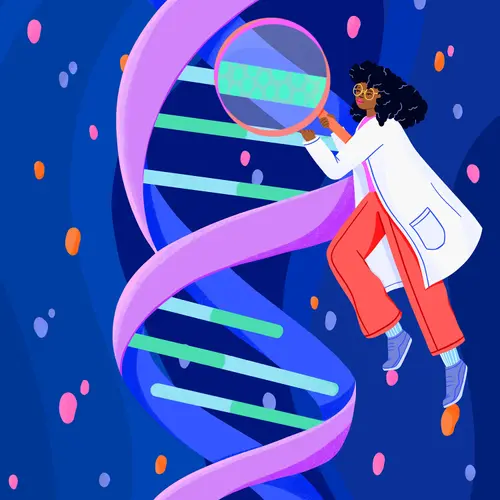As an aspiring novelist in his early 20s, Carl (not his real name) equated the glamorous life of writing with boozing.
"Faulkner, Hemingway, Fitzgerald, and more contemporary writers were known as big boozers. If it was good for them, why can't it be good for me?" he thought.
But he didn't get the results that he wanted when he drank. The words wouldn't flow and plus, he realized that his attitudes related with drinking and writing had isolated him from the rest of society.
Because he felt "too good" for the mainstream work-world while he was an alcoholic, he thumbed his nose at an admission to law school, and didn't initially seek employment that would make use of his master's degree in writing. Instead, he worked as a taxi driver and eventually as an editorial assistant for a publishing company to make ends meet.
It wasn't until he started going to Alcoholics Anonymous (AA) meetings that Carl recognized how self-destructive he had become -- getting drunk with his passengers as a cabbie and calling in sick as an editorial assistant to cure a hangover or to quench his thirst for drink.
When he became sober, Carl felt a lot better about himself and felt a sense of belonging with the rest of the world.
"I began to bring my full energy to the workplace, and not hold myself in reserve because I was saving myself for a bigger life as a writer," says Carl, now in his 50s. He notes that his shift in attitude opened opportunities for him. He was promoted to an editor position, and one of the short stories he wrote as a hobby even won a literary award.
This story is not much different from others with addiction in that their obsession with something -- in Carl's case, alcohol -- controls their behavior and attitudes about life.
Addicts need to satisfy a hunger, and that need takes on a higher priority than other responsibilities, including work, says Lawrence S. Brown, Jr., MD, MPH, president of the American Society of Addiction Medicine.
This disregard for responsibility can be expensive for society. According to a study conducted by the National Institute on Drug Abuse (NIDA), and the National Institute on Alcohol Abuse and Alcoholism (NIAAA), in 1995 alone, alcohol and drug abuse cost the economy an estimated $276.3 billion in decreased productivity, increased accidents, absenteeism, job turnover, and medical costs.
That figure could arguably swell once the cost for pain and suffering and other compulsive behaviors are factored in.
According to a review of studies by the Illinois Institute for Addiction Recovery, up to 3% of the U.S. population is addicted to gambling, up to 3% with food, up to 8% with spending, and 5% to sex.
Some symptoms of addiction include:
- A greater sense of isolation
- Diminished social interaction
- Reduced attention to personal hygiene
- More legal difficulties
- Change in eating and sleeping patterns
- Increased irritability
- Reluctance to change the compulsive behavior
In the workplace, the symptoms clearly manifest themselves. The U.S. Department of Health and Human Services reports that employees with substance abuse, when compared with non-addicted colleagues, were found more often to be late, be absent, use sick benefits, file for worker's compensation, and be involved in accidents.
For people who think they might have a problem with addiction, Brown recommends the following first steps of action:
- Check in with your company's Employee Assistance Program (EAP).
- Visit your primary health care provider for a screening and/or referral to a specialist.
- Keep in mind that there are many resources for help with addiction, including mental health professionals, social workers, doctors specializing in addiction medicine, and private and not-for-profit programs.
- Remember how you got involved in the addiction in the first place, and try to avoid places, things, and people associated with it.
- If your job involves the activity that got you addicted in the first place, explore workplace alternatives.
- Take things one day at a time.

